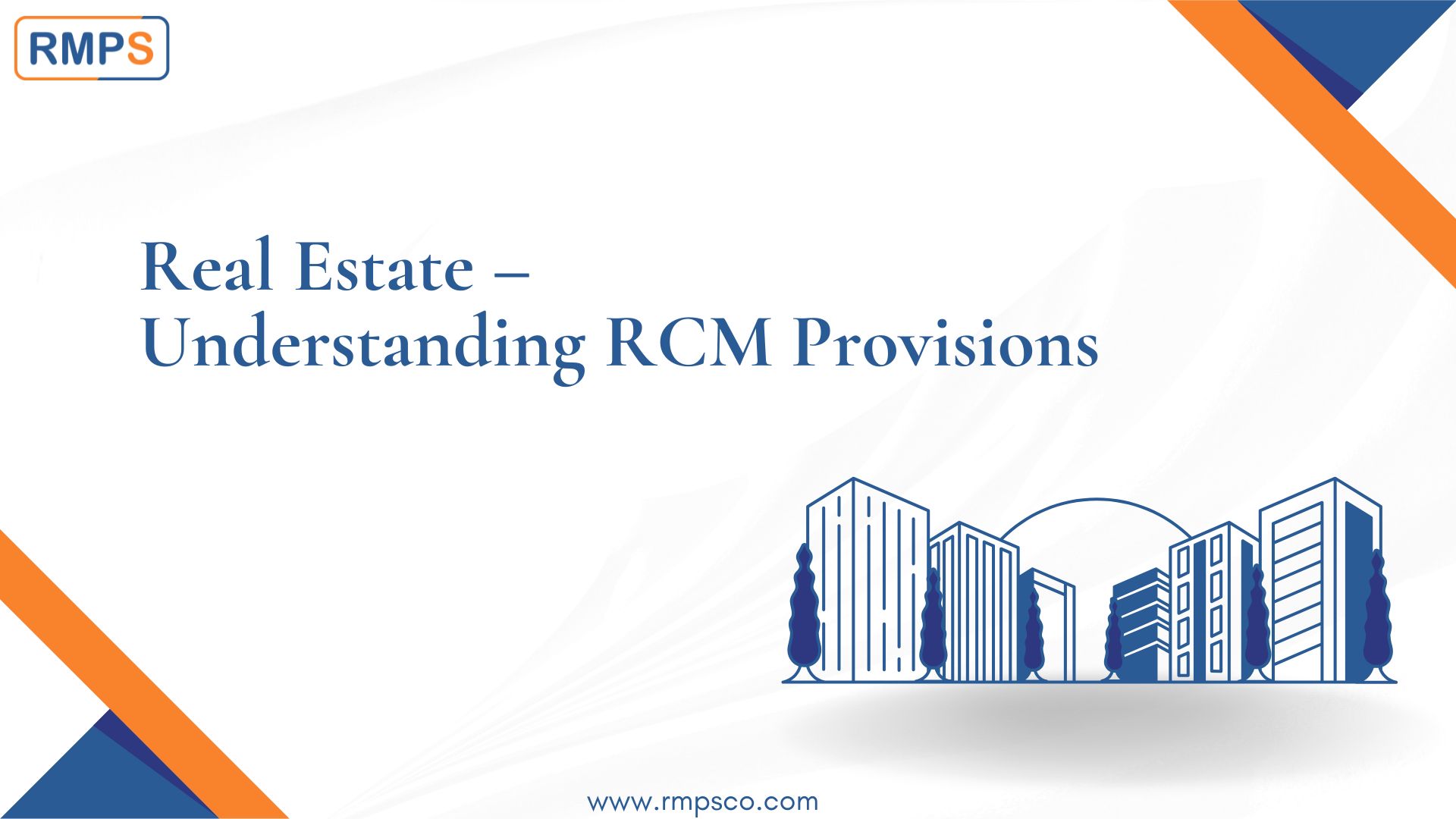
The new GST scheme requires builders and developers, referred to as promoters, to procure at least 80% of their inputs and input services from registered suppliers (RPs). If this threshold is not met, promoters must pay GST on the shortfall under RCM at 18%. Importantly, this calculation applies project-wise rather than entity-wide.
Key Notifications and Tax Rates
Notification 3/2019
- Promoters must source at least 80% of inward supplies from registered suppliers.
- If the threshold is not met, GST at 18% applies to the shortfall under RCM.
Notification 7/2019
- GST on cement from unregistered suppliers is payable at 28%.
- Capital goods from unregistered suppliers are taxed at their respective rates.
Exclusions in the 80% Threshold Calculation
Certain items do not count when calculating the 80% threshold, including:
- Development rights, long-term lease payments, or floor space index (FSI).
- Electricity, high-speed diesel, motor spirit, and natural gas.
- RCM paid on specific services such as goods transport agency (GTA), security, legal, or director services, as they are considered supplies from RPs.
Practical Implications of RCM
Example: Calculating RCM Shortfall
| Details | Scenario 1 | Scenario 2 | Scenario 3 |
|---|---|---|---|
| Required RP Purchases | 100% | 100% | 100% |
| Actual RP Purchases | 70% | 63% | 70% |
| Cement from URPs | 15% | 15% | 0% |
| Other Materials from URPs | 15% | 22% | 30% |
| Total RP Purchases | 85% | 78% | 70% |
| RCM Liability | None | 2% | 10% |
Key Observations:
- Cement Purchases: Promoters must pay RCM on cement from unregistered suppliers, even if the 80% threshold is met.
- Ineligible ITC: GST paid under RCM is not eligible for ITC, increasing project costs.
- Common Expenses: Expenses unrelated to specific projects, such as professional fees, are excluded from the threshold calculation.
- Post-Completion Costs: Costs incurred after receiving a completion certificate, like landscaping, are also excluded.
Compliance with RCM Provisions
Reporting in GSTR-3B
- Promoters must report RCM liabilities as output tax.
- RCM on cement and capital goods must be discharged monthly or quarterly.
- Shortfalls should be reconciled by the June return following the financial year.
Ineligible Credit
- RCM payments must be reported as ineligible ITC in Table 4(d)(2) of GSTR-3B.
FAQs on RCM Provisions
1. Do promoters need to source all supplies from registered suppliers?
No, only 80% of inputs and input services must come from registered suppliers.
2. What happens if the threshold is not met?
Promoters must pay GST at 18% on the shortfall under RCM, except for cement, which is taxed at 28%.
3. Are salaries and wages included in the threshold?
No, salaries and wages are excluded since they are not considered supplies under GST.
4. How is the threshold calculated for mixed-use projects?
The threshold is divided based on the carpet area ratio of residential and commercial units.
Challenges and Considerations
- Common Facilities:
Shared amenities, such as clubhouses, raise questions about their inclusion in the 80% threshold. - Higher Tax Rates:
Some supplies, like sand, are taxed under RCM at 18% even though their standard GST rate is 5%. - Project-Specific Calculations:
RCM liabilities must be calculated for each project, requiring careful allocation of shared expenses.
Conclusion
RCM provisions aim to increase transparency and encourage the use of registered suppliers. However, they also raise compliance costs and administrative burdens for builders and developers. To avoid penalties, promoters must maintain accurate records and project-specific accounts. By understanding and following these provisions, businesses can ensure smooth operations within the GST framework.
LinkedIn Link : RMPS Profile
This article is only a knowledge-sharing initiative and is based on the Relevant Provisions as applicable and as per the information existing at the time of the preparation. In no event, RMPS & Co. or the Author or any other persons be liable for any direct and indirect result from this Article or any inadvertent omission of the provisions, update, etc if any.
Published on: December 9, 2024
